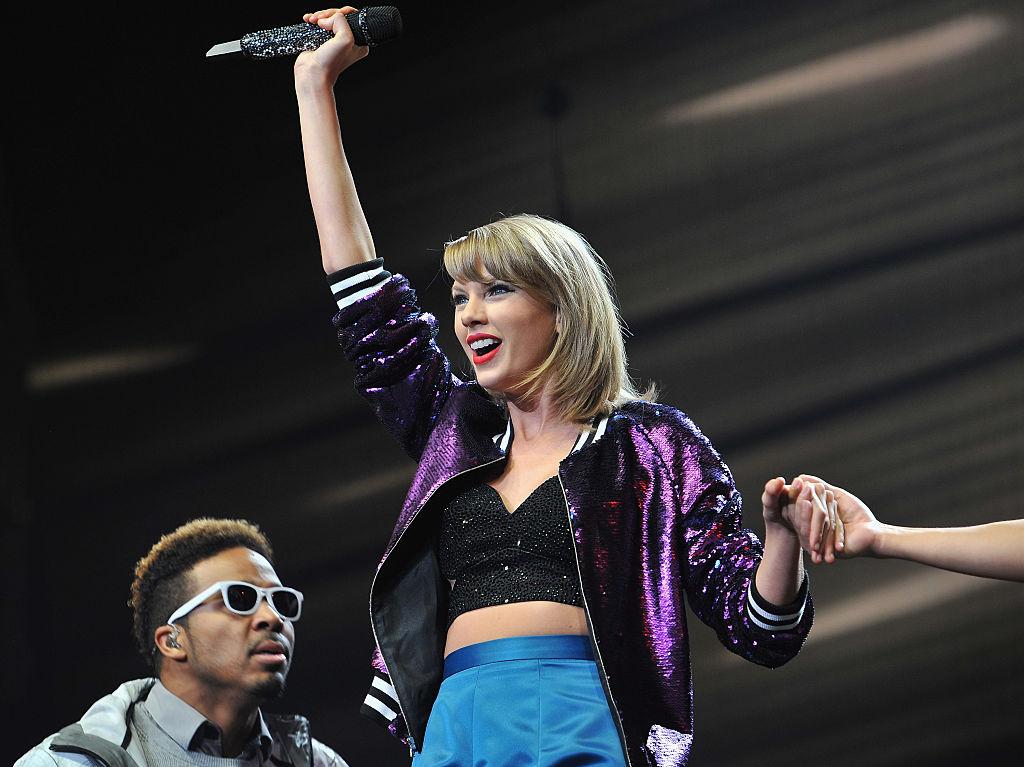Taylor Swift, Vince Staples, Paul McCartney and more call for digital copyright reforms
YouTube maintains the DMCA gives them no advantage over music labels

Your support helps us to tell the story
From reproductive rights to climate change to Big Tech, The Independent is on the ground when the story is developing. Whether it's investigating the financials of Elon Musk's pro-Trump PAC or producing our latest documentary, 'The A Word', which shines a light on the American women fighting for reproductive rights, we know how important it is to parse out the facts from the messaging.
At such a critical moment in US history, we need reporters on the ground. Your donation allows us to keep sending journalists to speak to both sides of the story.
The Independent is trusted by Americans across the entire political spectrum. And unlike many other quality news outlets, we choose not to lock Americans out of our reporting and analysis with paywalls. We believe quality journalism should be available to everyone, paid for by those who can afford it.
Your support makes all the difference.More than 180 musicians—including Taylor Swift, Vince Staples, Paul McCartney and many others— have signed a petition calling for reform to the Digital Millennium Copyright Act.
Organized by Irving Azoff, the petition argues that YouTube has created a safe harbor that shields tech companies, allowing them to commit copyright infringement under the 1998 law signed by then President Bill Clinton.
"It has allowed major tech companies to grow and generate huge profits by creating ease of use for consumers to carry almost every recorded song in history in their pocket via a smartphone, while songwriters’ and artists’ earnings continue to diminish," the petition says, according to Billboard, arguing that the law has become outdated in the 21st Century.
"Music consumption has skyrocketed, but the monies generated by individual writers and artists for that consumption has plummeted. The growth and support of technology companies should not be at the expense of artists and songwriters.”
YouTube has previously stated that the DMCA gives them no advantage over labels to profit off their music.
"The overwhelming majority of labels and publishers have licensing agreements in place with YouTube to leave fan videos up on the platform and earn revenue from them,” a YouTube rep tells Rolling Stone. “Today the revenue from fan uploaded content accounts for roughly 50 percent of the music industry's YouTube revenue. Any assertion that this content is largely unlicensed is false."
Join our commenting forum
Join thought-provoking conversations, follow other Independent readers and see their replies
Comments